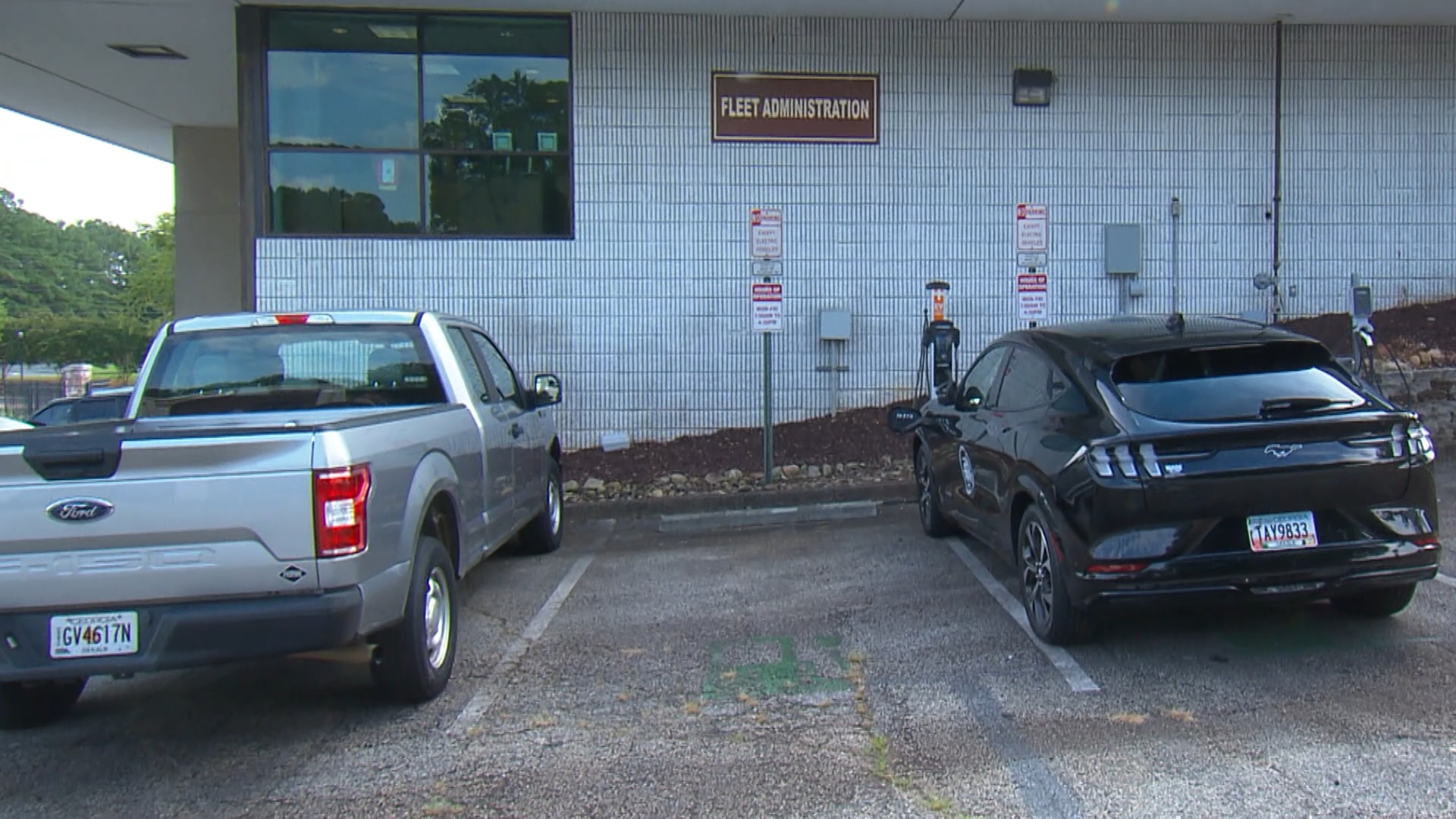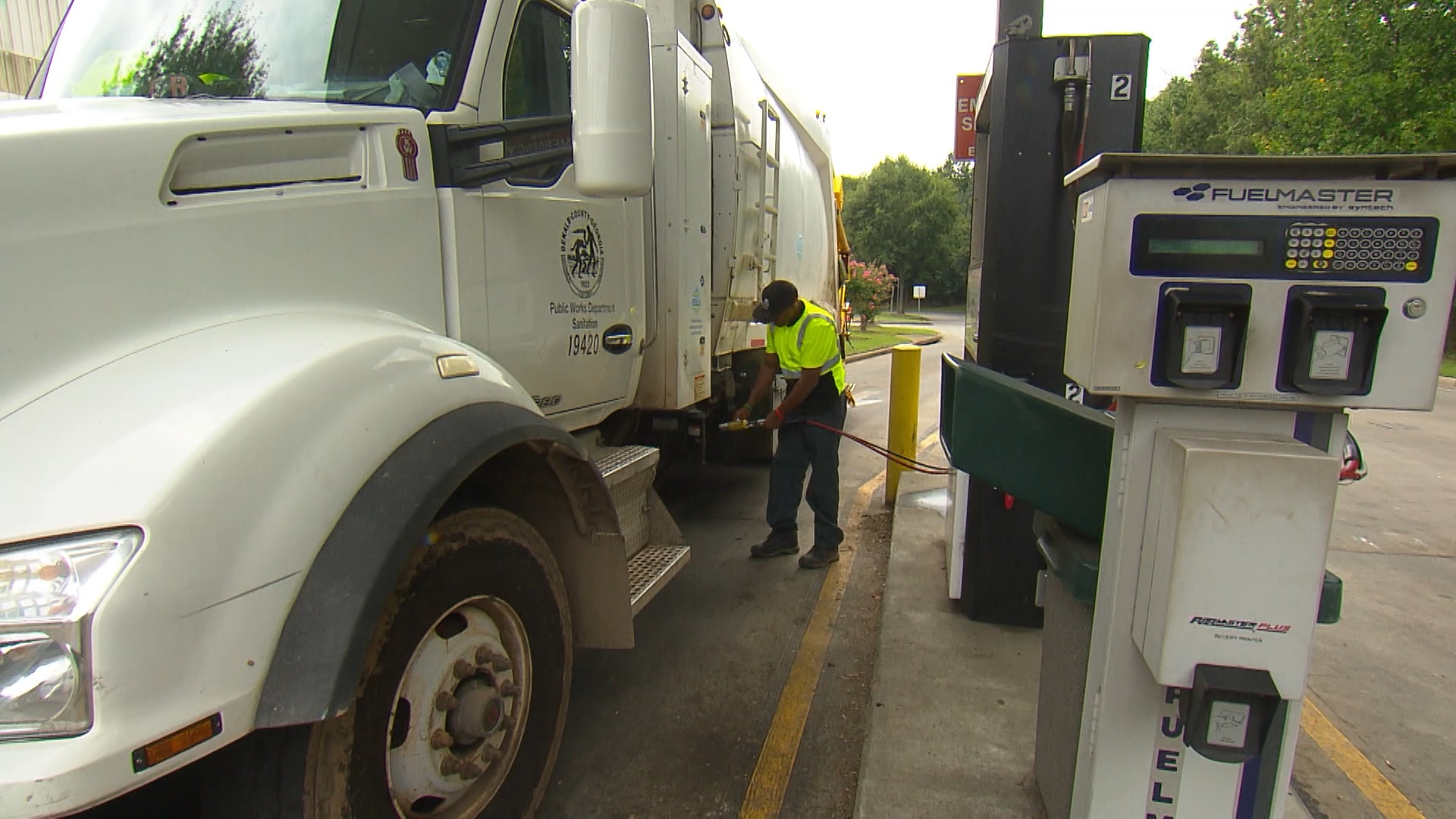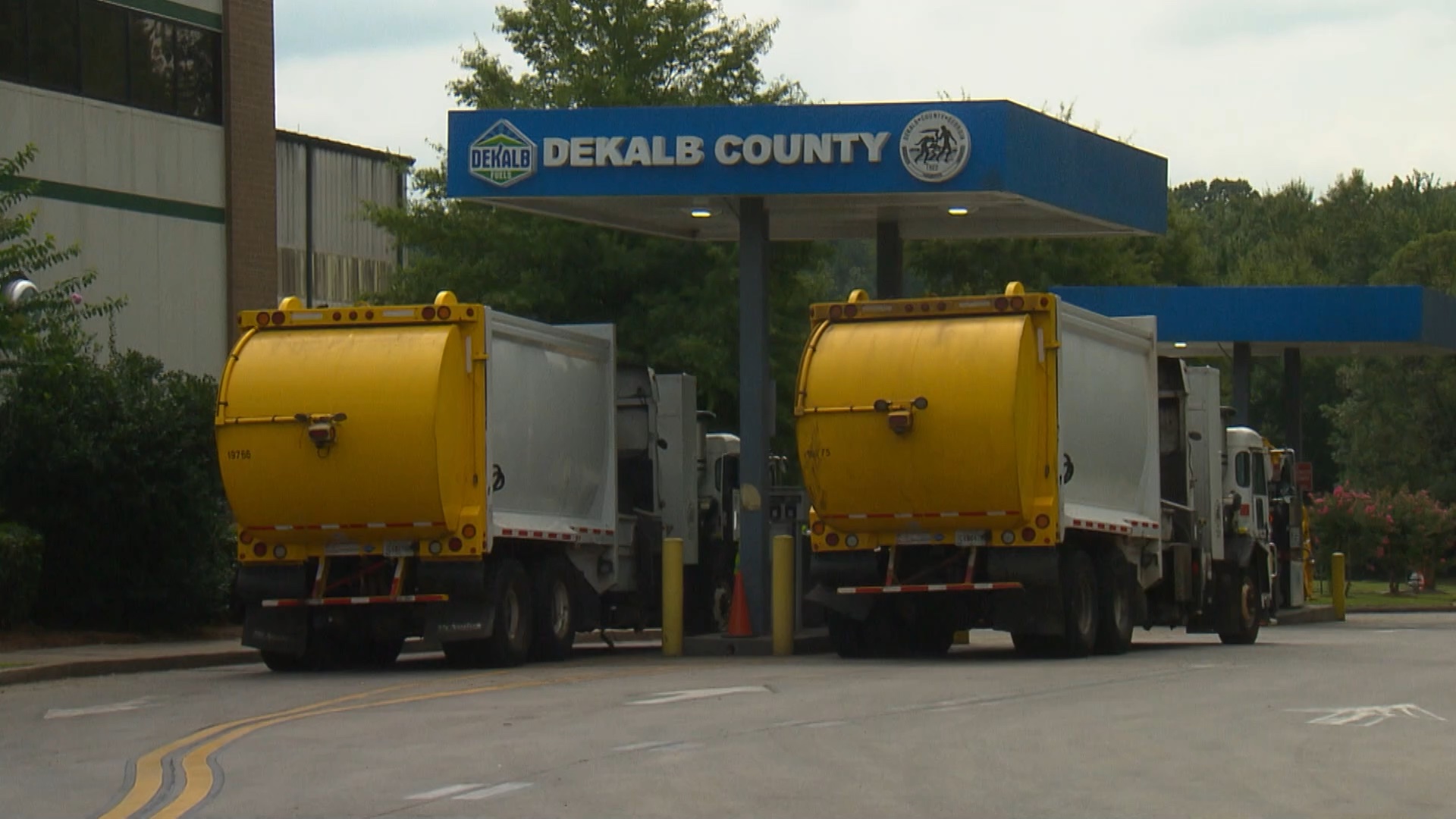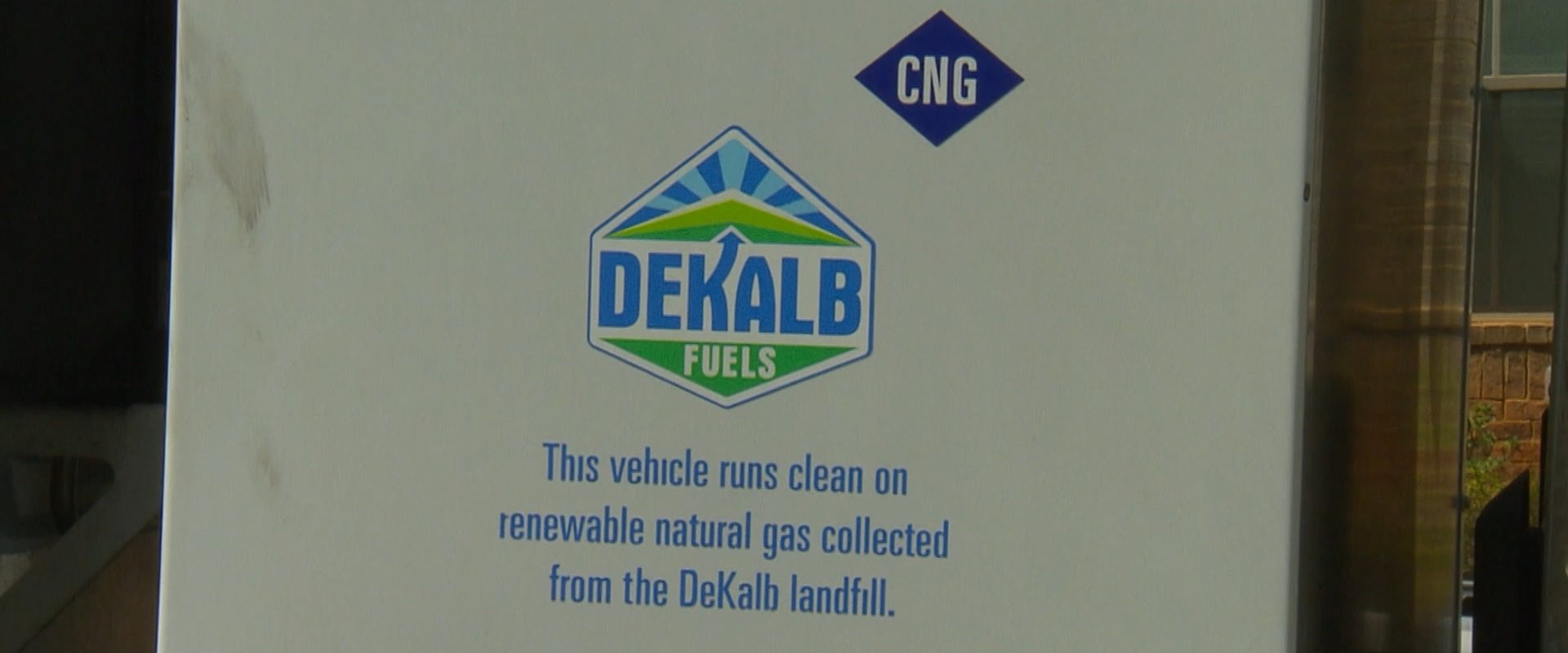Green Fleet Dollars and Sense
The term “green” is often used in reference to vehicles, fuels, technologies and practices that are good for the environment. Well, we recently visited one Georgia fleet manager who is leading the way in all of these areas, while proving that “going green” also saves green dollars, and just makes good sense.
ROBERT LEE GORDON: “The size of our fleet, we’re over 3600 vehicles in our fleet, and we have every kind of vehicle. From a dozer all the way to police cars, fire trucks, ambulances. We have everything except school buses.”
More than 400 of DeKalb county’s vehicles, or 12% of the total, run on CNG, propane, or battery-electric power. And not just for their environmental benefits.

ROBERT LEE GORDON: “You need to have lofty goals, but I’m all about realistic too. I want to put something in an application that’s going to be the best performing vehicle for that job.
For me, that’s what it’s all about. I don’t like to say I’m not a green person, but when I first started, diesel flowed through my veins, and when I first got started, it was all about a business case: where is the return on the investment, how long is it going to take to get this money back, and how’s the truck going to perform? Because I’m a fleet guy, I gotta fix them.
So, our pilot program, we got some money from the DoE, we got a processing plant, we got a fuel station, and then we got $50,000 per truck, so our kickoff was 46 trucks. And that was about six different types of trucks. I wrote the specs on those trucks. And from that point on, we’ve just never stopped. But nobody has still come to us and said we had to do it, because we’re way ahead of the curve.
So, in these trucks, we’ve done our whole entire sanitation fleet, heavy duty fleet, is natural gas. So, that’s– that’s kinda how we got started, and we’ve just continued doing it, up to the point today I have 16 different types of vehicles running on natural gas.”

DeKalb County now uses twice as much CNG as diesel fuel, and that green gap will only continue to widen. The advantages of natural gas over diesel start with reduced greenhouse emissions and quieter operation, but they don’t end there.
ROBERT LEE GORDON: “Several advantages: one of the biggies most people like to think about– talk about is the cost. Uh, we’re paying $2.12 a gallon for, uh, natural gas, and we’ve been doing that for seven years. It don’t never change.
Of course, diesel, we all know how diesel price goes up and down, and that can really affect your budget, so that’s one of the biggest things when you’re looking at a business case. Um, the operating expense, for our experience, has been much cheaper on natural gas.”
The DeKalb county fleet also has 37 light-duty electric vehicles on hand, and over 80 more on the way.
ROBERT LEE GORDON: “In my opinion, EVs is absolutely perfect for light duty, in a government agency. I can’t tell you for everybody’s personal use, it depends on what you gotta do, but my vehicles don’t leave DeKalb county. So, for a county vehicle that’s not going to run more than 50 miles a day, a lot of them don’t run 20 miles a day, and I’ve got 250-mile range electric vehicles. You can’t beat it.”

Robert’s savvy analysis and relentless effort has certainly paid off: Every year since 2013, DeKalb county has ranked among the top 25 green fleets in the US.
Robert willingly shares his 36 years experience with fleet managers around the country who are looking to go green, but his best advice is to experience these clean-fuel vehicles firsthand.
ROBERT LEE GORDON: “The biggest tip I can give to a fleet operator, is go educate those end users, and it will save you a lot of headaches in the end, because people don’t like change. But, it really did work. When we got our first truck, I called it our firstborn, I took it out and I let people touch it and feel it and drive it and see how it operated.
If you check around, one of us fleet guys will help you. We got it, come on down here and drive it, we’ll let you, we’ll help you.”






